Home>Interior Design>Should You Use Fabric Softener On Towels?
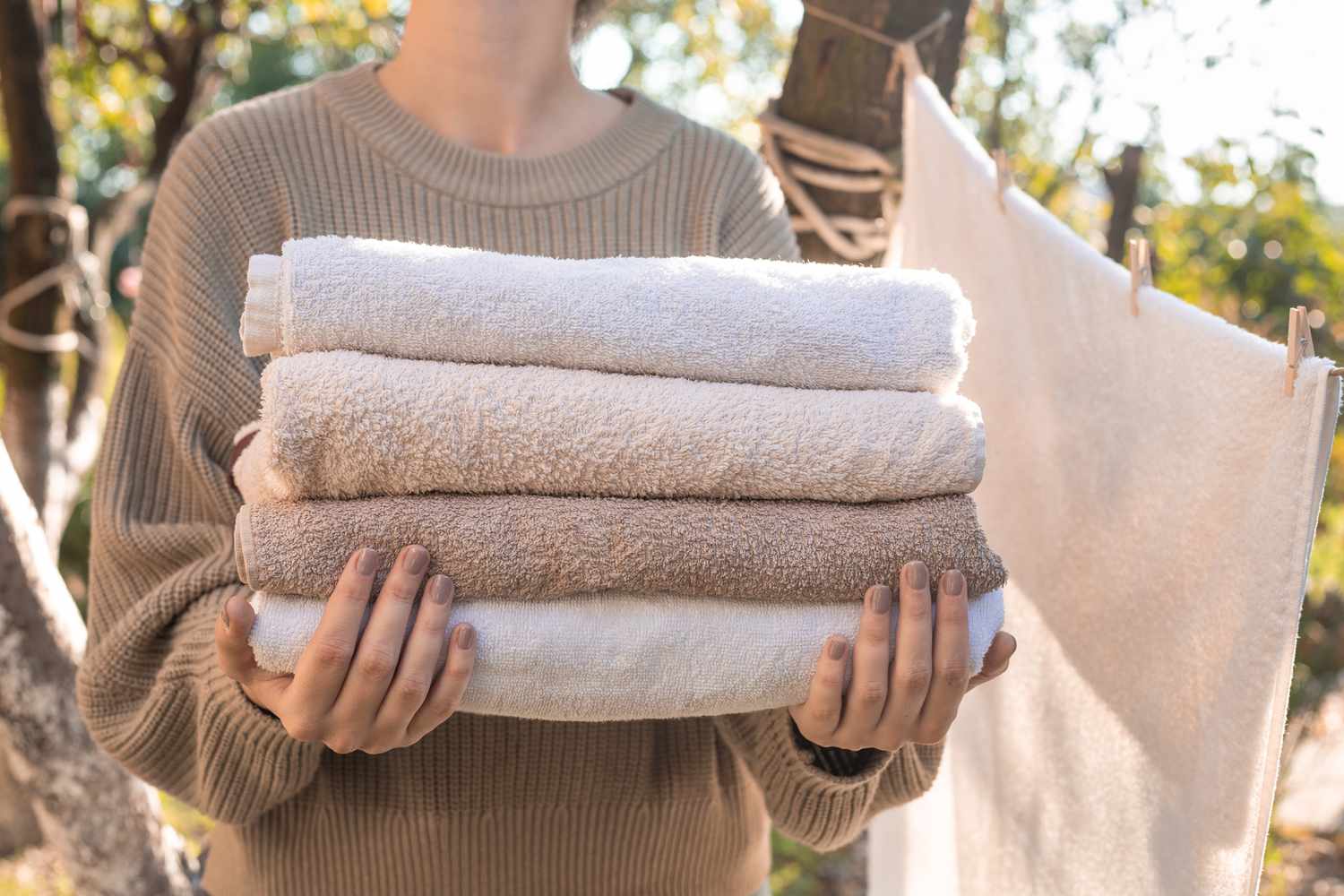

Interior Design
Should You Use Fabric Softener On Towels?
Modified: March 2, 2024
Discover whether using fabric softener on towels is beneficial for your interior design. Explore the pros and cons of incorporating this practice into your routine.
(Many of the links in this article redirect to a specific reviewed product. Your purchase of these products through affiliate links helps to generate commission for Storables.com, at no extra cost. Learn more)
Introduction
When it comes to doing laundry, many people rely on fabric softener to keep their clothes soft, fresh, and smelling delightful. But what about towels? Should you use fabric softener on them? Towels are a staple in every household, and we use them daily for drying off after a shower or for wrapping ourselves in comfort. We want our towels to be soft and fluffy, but is fabric softener the answer?
In this article, we will explore the pros and cons of using fabric softener on towels. We will also discuss alternative methods for achieving soft and luxurious towels without relying on conventional fabric softeners. So, if you’re wondering whether you should be using fabric softener in your laundry routine, keep reading to find out!
Key Takeaways:
- Fabric softener can make towels feel softer and reduce static, but it may also decrease absorbency and durability. Consider natural alternatives like vinegar and baking soda to maintain softness without the drawbacks.
- To keep towels soft without fabric softener, try gentle care practices like avoiding over-drying, using a gentle detergent, and giving towels a vinegar soak. Prioritize comfort, absorbency, and longevity for a luxurious bathing experience.
What is fabric softener?
Fabric softener is a liquid or dryer sheet product that is designed to make clothes and fabrics feel softer, reduce static cling, and provide a pleasant scent. It is typically used during the rinse cycle of the laundry process. Fabric softener works by depositing a thin layer of chemicals onto the fabric fibers, which helps to lubricate them and reduce friction. This, in turn, makes the fabric feel smoother and more comfortable against the skin.
Fabric softeners come in two main types: liquid fabric softeners and dryer sheets. Liquid fabric softeners are added to the washing machine during the rinse cycle, where they mix with water and coat the clothes as they are being rinsed. Dryer sheets, on the other hand, are added to the dryer along with the wet laundry. As the dryer heats up, the dryer sheet releases its ingredients, which then transfer onto the clothes as they tumble around.
While fabric softeners are commonly used for clothing, many people also wonder if they should be used on towels. After all, who doesn’t want their towels to be soft and cozy?
How does fabric softener work?
Fabric softener works by coating the fibers of the fabric with a thin layer of chemicals that help to make the fabric feel softer and smoother. These chemicals typically include cationic surfactants, which have a positive charge. When fabric softener is added to the rinse cycle or the dryer, these positively charged molecules attach to the negatively charged fibers of the fabric, creating a lubricating effect.
The lubrication provided by fabric softener helps to reduce friction between the fibers, making the fabric feel smoother and more luxurious. It also helps to prevent static cling, which can occur when fabrics rub against each other during the drying process. Additionally, fabric softener can leave a pleasant scent on the fabric, giving your towels a fresh and inviting fragrance.
It’s important to note that fabric softener does not actually make the fabric softer in the true sense of the word. Instead, it creates a temporary coating on the fibers that gives the illusion of softness. This coating can wear off over time and with repeated washings, so the softness may diminish over time.
While fabric softener can be effective in making towels feel softer, there are some potential drawbacks to consider before incorporating it into your laundry routine.
Benefits of using fabric softener on towels
Using fabric softener on towels can offer a range of benefits, enhancing both the feel and appearance of the fabric. Here are a few advantages:
- Softness: Fabric softener helps to make towels feel softer and more plush. The lubricating effect of the chemicals can reduce friction between the fibers, resulting in a smoother texture against the skin.
- Reduced static: Towels can be prone to static cling, especially when dried in the dryer. Fabric softener helps to reduce static electricity, preventing the towels from sticking together or clinging to other fabrics.
- Fragrance: Many fabric softeners come with pleasant scents that can leave your towels smelling fresh and inviting. This can add an extra touch of luxury to your bathing experience.
- Appearance: Fabric softener can help to maintain the appearance of your towels by reducing wrinkling and preventing fiber damage. This can make your towels look more aesthetically pleasing and well cared for.
These benefits can contribute to a more enjoyable bathing experience and provide you with soft, cozy towels to wrap yourself in after a shower or bath. However, it’s important to consider the potential drawbacks before deciding whether to use fabric softener on your towels regularly.
Using fabric softener on towels can reduce their absorbency over time. Instead, try using vinegar in the rinse cycle to soften towels without affecting their absorbency.
Drawbacks of using fabric softener on towels
While fabric softener can have its benefits, there are also some drawbacks to consider when using it on towels:
- Reduced absorbency: Fabric softener can leave a residue on the surface of the towels, which can reduce their absorbency over time. This means that your towels may not dry you off as effectively as they would without the use of fabric softener.
- Build-up of chemicals: Over time, fabric softener can build up on the fibers of the towels, leading to a waxy or greasy texture. This build-up can also create a barrier that prevents the towels from properly absorbing water.
- Decreased durability: The chemicals in fabric softener can break down the fibers of the towels, leading to decreased durability. This can result in fraying, thinning, and a shorter lifespan for your towels.
- Potential for skin irritation: Some people may have sensitivities or allergies to the chemicals used in fabric softeners. These chemicals can irritate the skin, causing itching, redness, or rashes, especially for those with sensitive skin.
Considering these drawbacks, it’s important to weigh the pros and cons of using fabric softener on your towels. If you prioritize softness and fragrance over absorbency and durability, then fabric softener may still be a viable option for you. However, if you prefer to maintain the functionality and longevity of your towels, it may be worth exploring alternative methods.
Alternatives to using fabric softener on towels
If you’re looking for alternatives to using fabric softener on your towels, there are several options that can help you achieve soft and luxurious towels without relying on traditional fabric softeners. Here are some alternatives to consider:
- Vinegar: White vinegar is a natural and cost-effective alternative to fabric softener. Simply add 1/2 to 1 cup of vinegar to the rinse cycle of your washing machine. Vinegar helps to remove soap residue, restore the pH balance of the towels, and leave them feeling soft and fluffy.
- Baking soda: Baking soda is another versatile ingredient that can be used to soften towels. Add 1/2 cup of baking soda to the wash cycle along with your detergent. Baking soda helps to remove odors, brighten the fabric, and leave towels feeling soft and fresh.
- Wool dryer balls: Wool dryer balls are a natural alternative to dryer sheets. They help to reduce drying time, soften fabrics, and reduce static cling. Simply throw a few wool dryer balls in the dryer with your towels to enjoy softer and fluffier results.
- Line drying: One of the simplest and most eco-friendly ways to keep your towels soft is by line drying them. The natural airflow and sunlight can help to maintain the softness of the towels, without the need for any additional products.
- Extra rinse cycle: If you prefer to use your regular detergent without any additives, consider adding an extra rinse cycle to your laundry routine. This can help to ensure that all the detergent residue is rinsed out, leaving your towels feeling soft and clean.
By trying one or more of these alternatives, you can achieve soft and comfortable towels without relying on fabric softeners that may have potential drawbacks.
Tips for maintaining towel softness without fabric softener
If you prefer not to use fabric softener on your towels but still want to maintain their softness and plushness, there are several tips and practices that can help you achieve that. Here are some suggestions:
- Avoid over-drying: Avoid over-drying your towels in the dryer. Over-drying can make the fibers stiff and rough. Instead, opt for a shorter drying cycle or air-dry your towels to preserve their softness.
- Shake out wet towels: Before placing your towels in the dryer or hanging them to dry, give them a good shake. This helps to fluff up the fibers and prevent them from clumping together, resulting in softer towels.
- Avoid using high heat: High heat can damage the fibers of the towels, leading to a rough and coarse texture. Use a lower heat setting or opt for air-drying to maintain the softness of your towels.
- Use a gentle detergent: Choose a mild and gentle detergent that is free from harsh chemicals and additives. This helps to prevent residue buildup on the towels, keeping them soft and absorbent.
- Give towels a vinegar soak: Occasionally, give your towels a vinegar soak to remove any buildup and restore their softness. Simply fill a bucket or basin with water and add 1 cup of white vinegar. Soak the towels for 30 minutes, then rinse and wash them as usual.
- Opt for white towels: White towels tend to stay softer over time compared to colored or patterned towels. This is because colored towels often undergo additional treatments that can affect their texture. White towels also allow you to use bleach, which can help to remove stains and preserve their softness.
- Wash towels separately: Wash your towels separately from other items, especially those that produce lint. Lint from other fabrics can cling to your towels and make them feel less soft. By washing them separately, you can keep your towels free from lint buildup.
By following these tips, you can maintain the softness and plushness of your towels without relying on fabric softener. Remember to treat your towels with care and avoid harsh practices that can damage the fibers and compromise their softness.
Conclusion
When it comes to using fabric softener on towels, the decision ultimately comes down to personal preference. Fabric softener can offer benefits such as softness, reduced static cling, and a pleasant fragrance. However, it also has drawbacks such as reduced absorbency, chemical build-up, decreased durability, and the potential for skin irritation.
If you choose to avoid using fabric softener on your towels, there are alternative methods to maintain their softness. Consider using vinegar or baking soda during the wash cycle, opting for wool dryer balls or line drying, and practicing proper care techniques such as avoiding over-drying and using a gentle detergent.
Ultimately, the goal is to have towels that are not only soft and luxurious but also absorbent, durable, and safe for your skin. It’s important to find a balance between achieving softness and maintaining functionality. Experiment with different methods and find what works best for you and your towels.
Remember, the quality and texture of your towels can greatly enhance your bathing experience. Whether you choose to use fabric softener or alternative methods, the key is to prioritize the comfort, absorbency, and longevity of your towels.
So, the next time you reach for that fluffy towel after a refreshing shower, you can be confident that it will deliver the softness and comfort you desire, whether with or without the use of fabric softener.
Frequently Asked Questions about Should You Use Fabric Softener On Towels?
Was this page helpful?
At Storables.com, we guarantee accurate and reliable information. Our content, validated by Expert Board Contributors, is crafted following stringent Editorial Policies. We're committed to providing you with well-researched, expert-backed insights for all your informational needs.
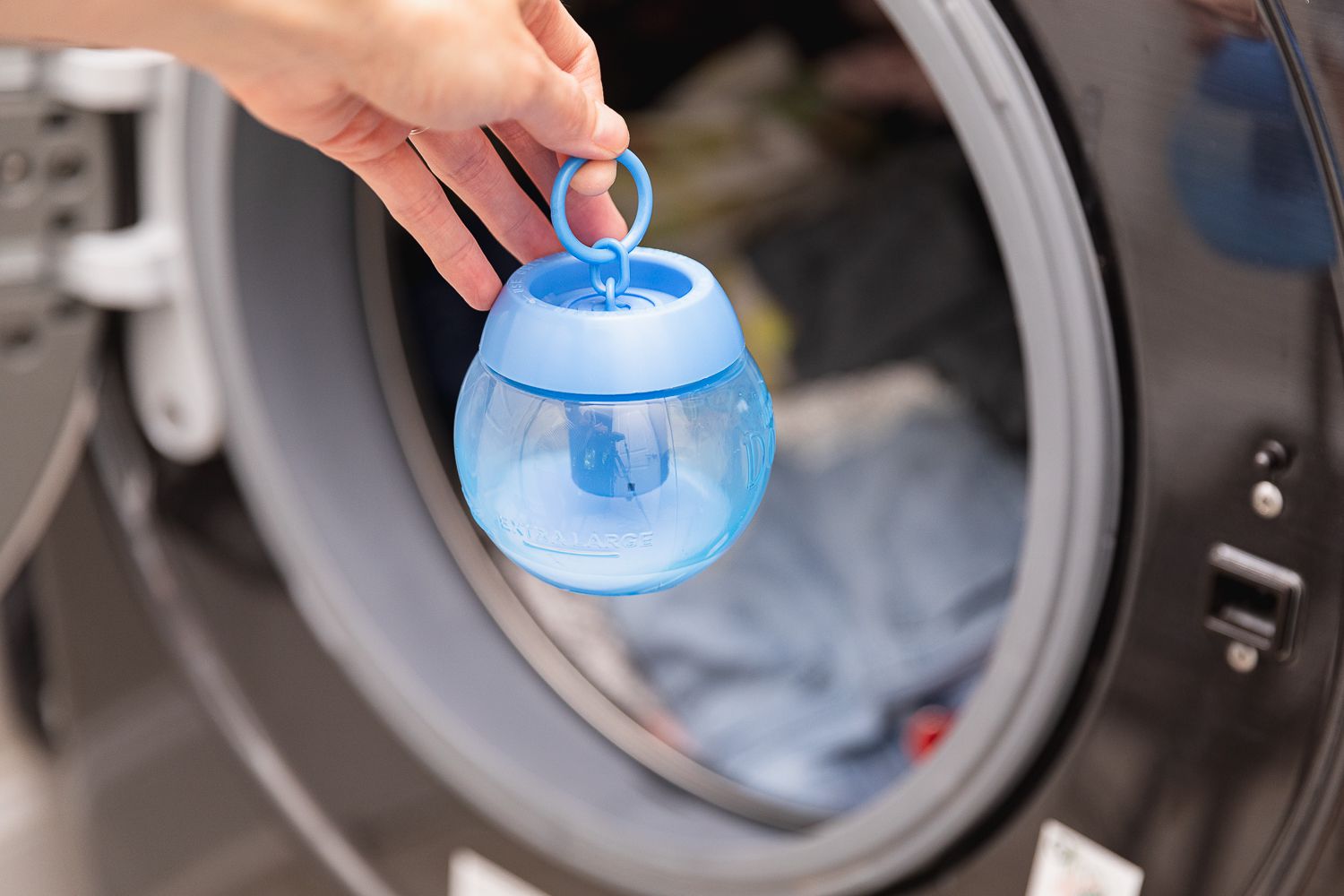
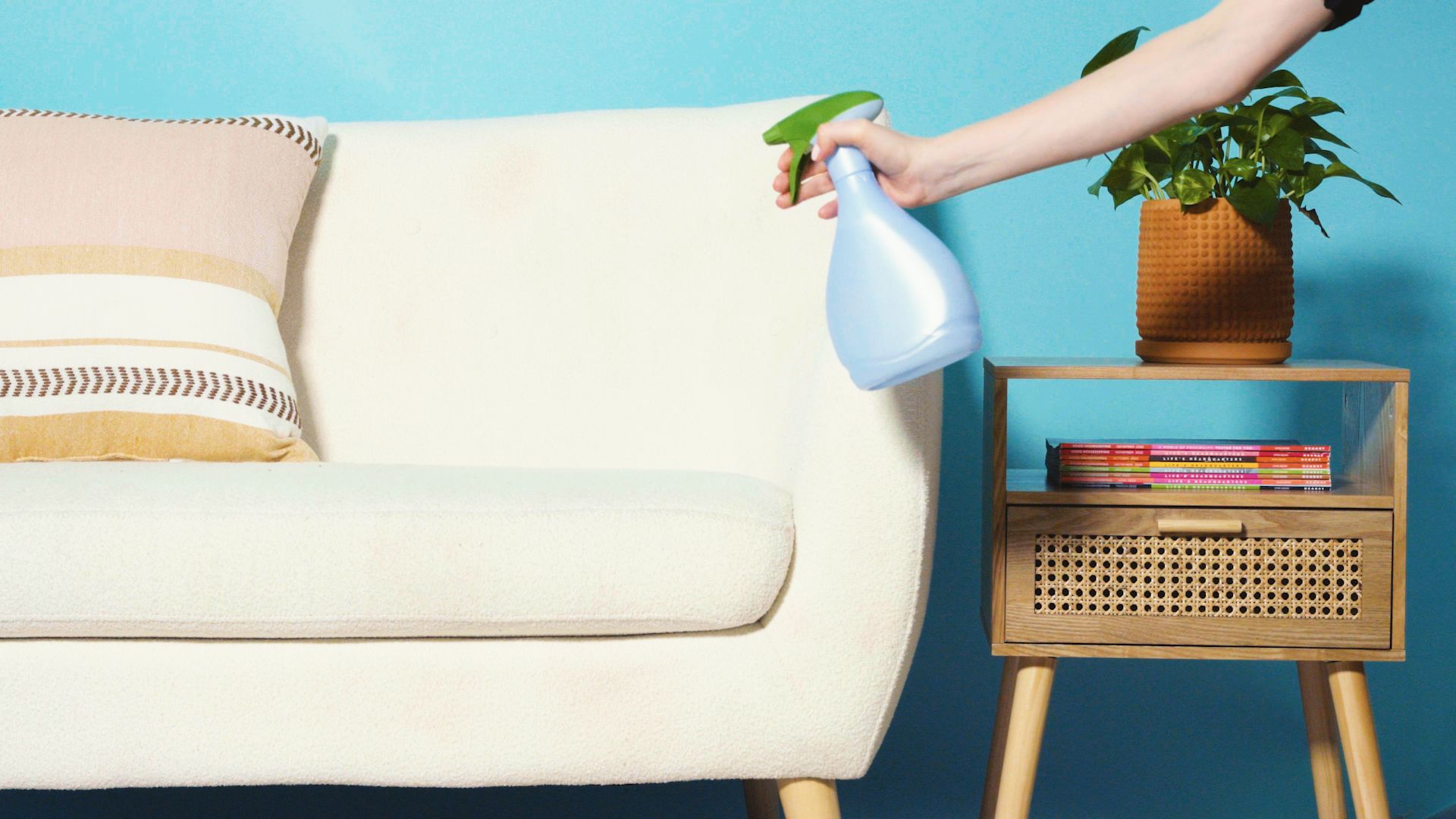
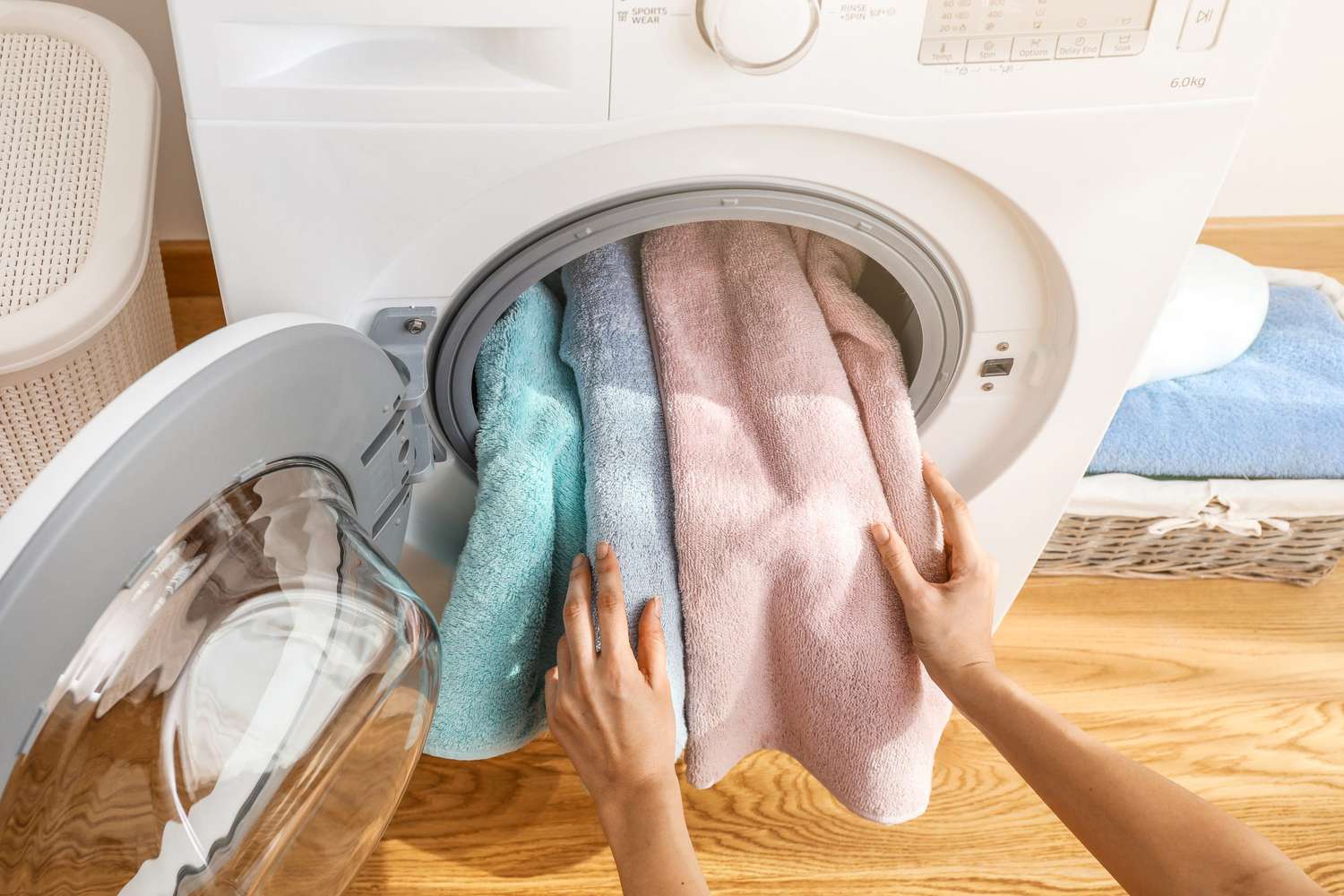
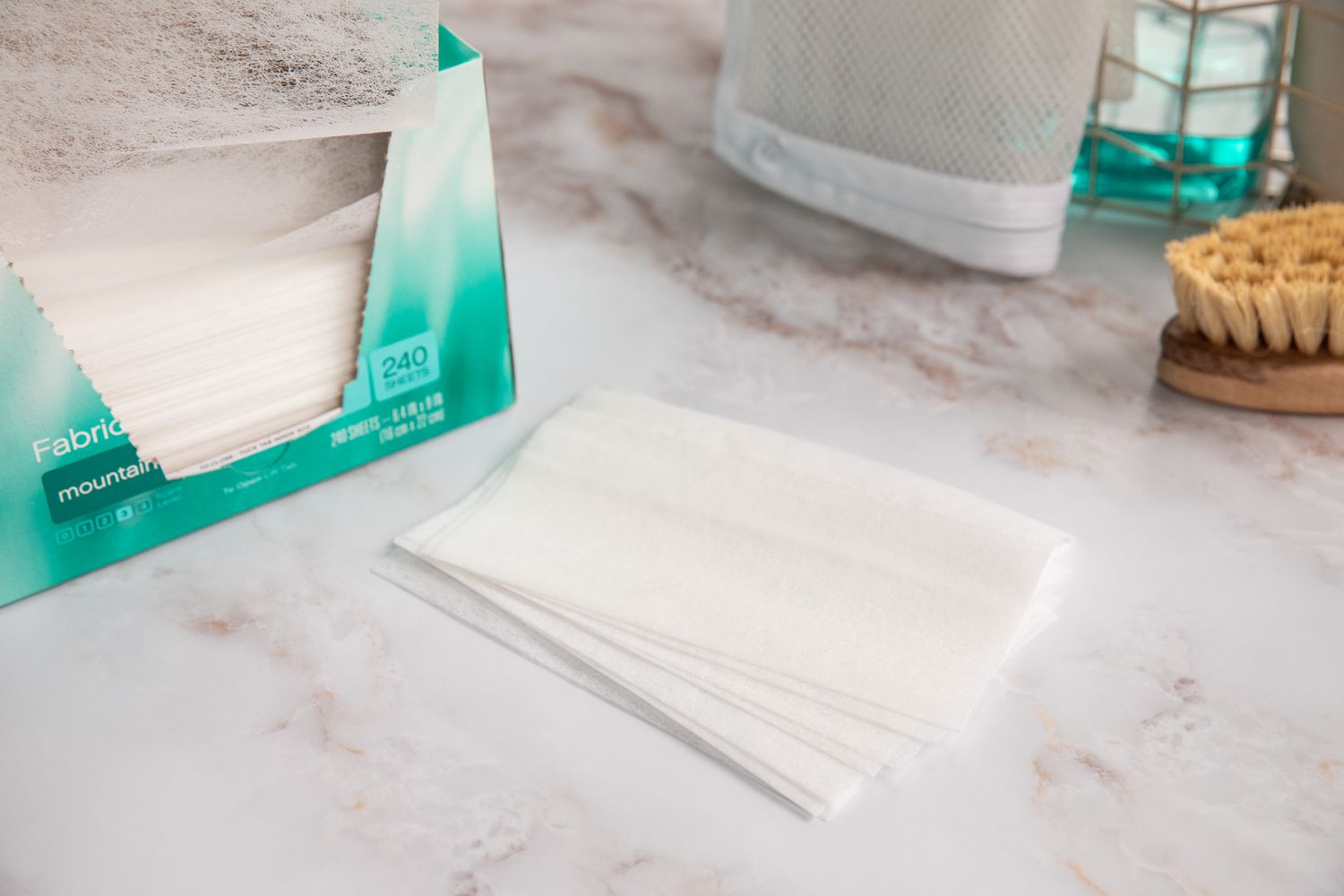
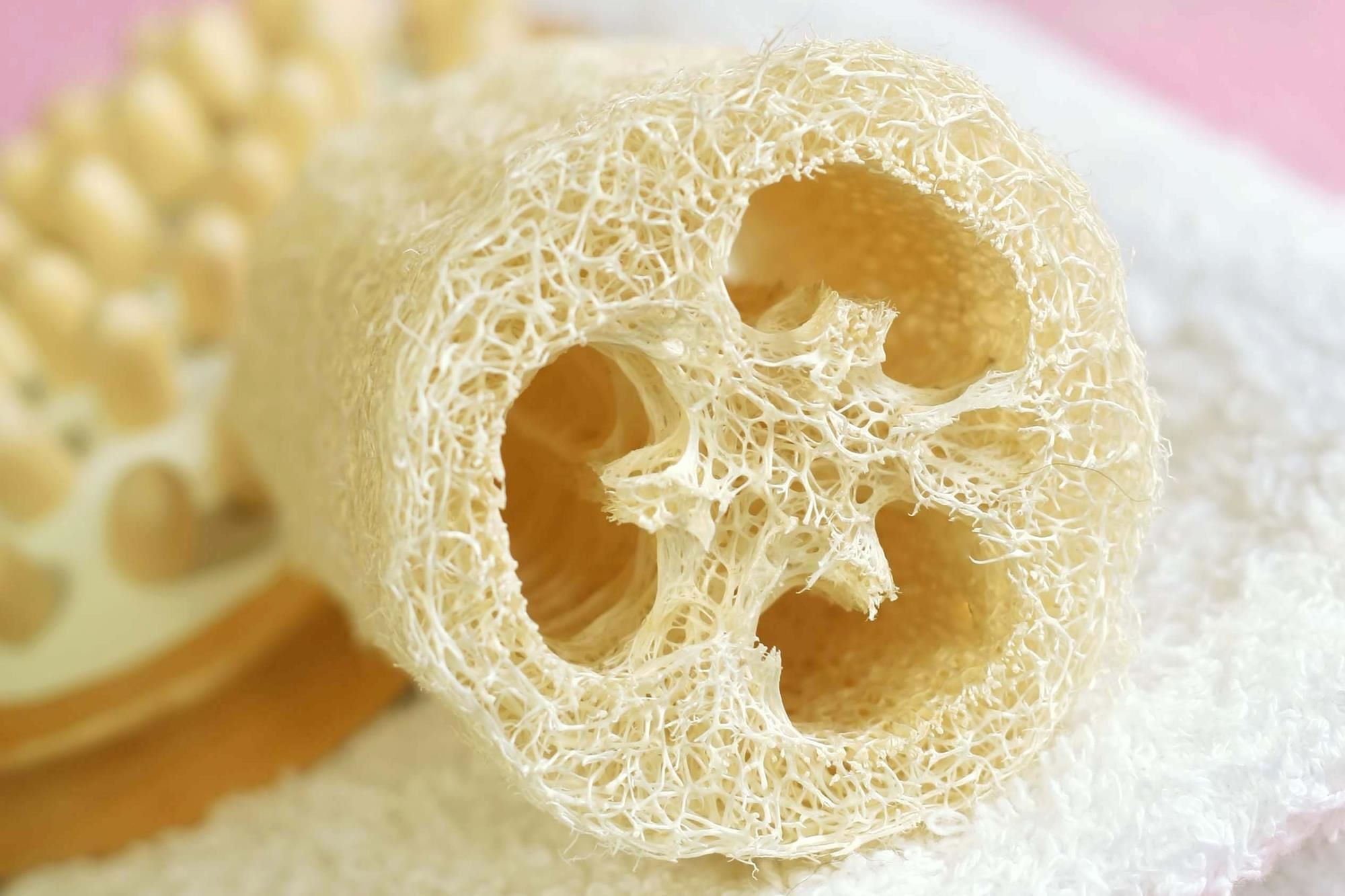
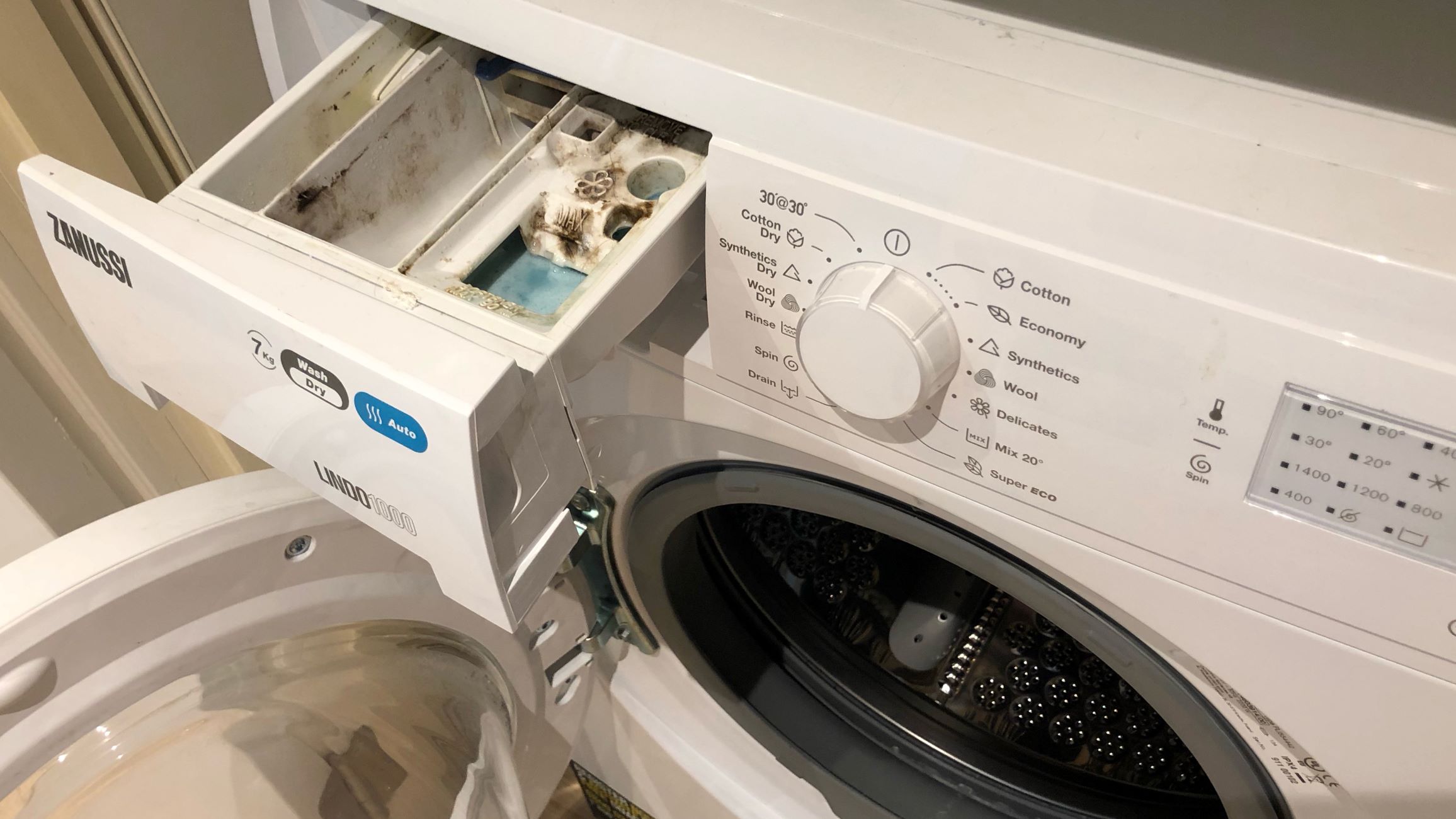

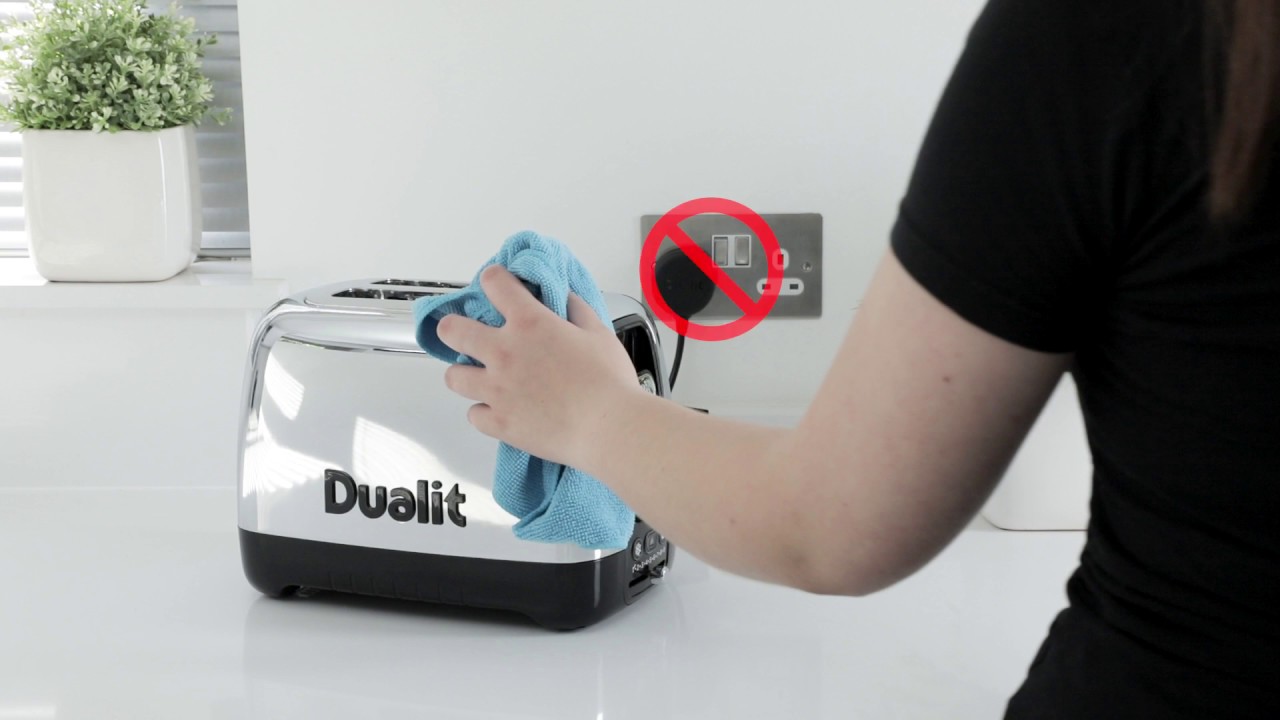
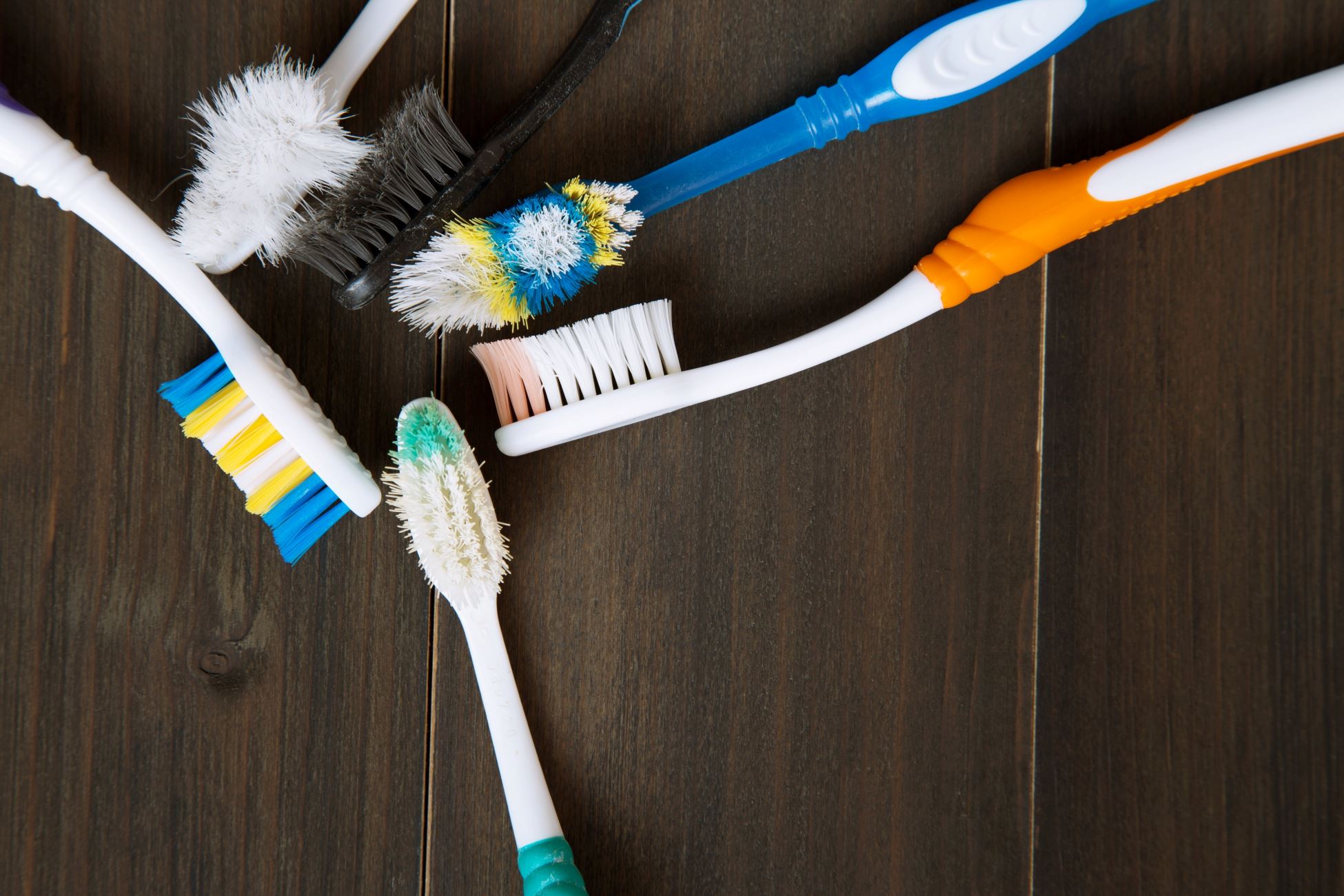
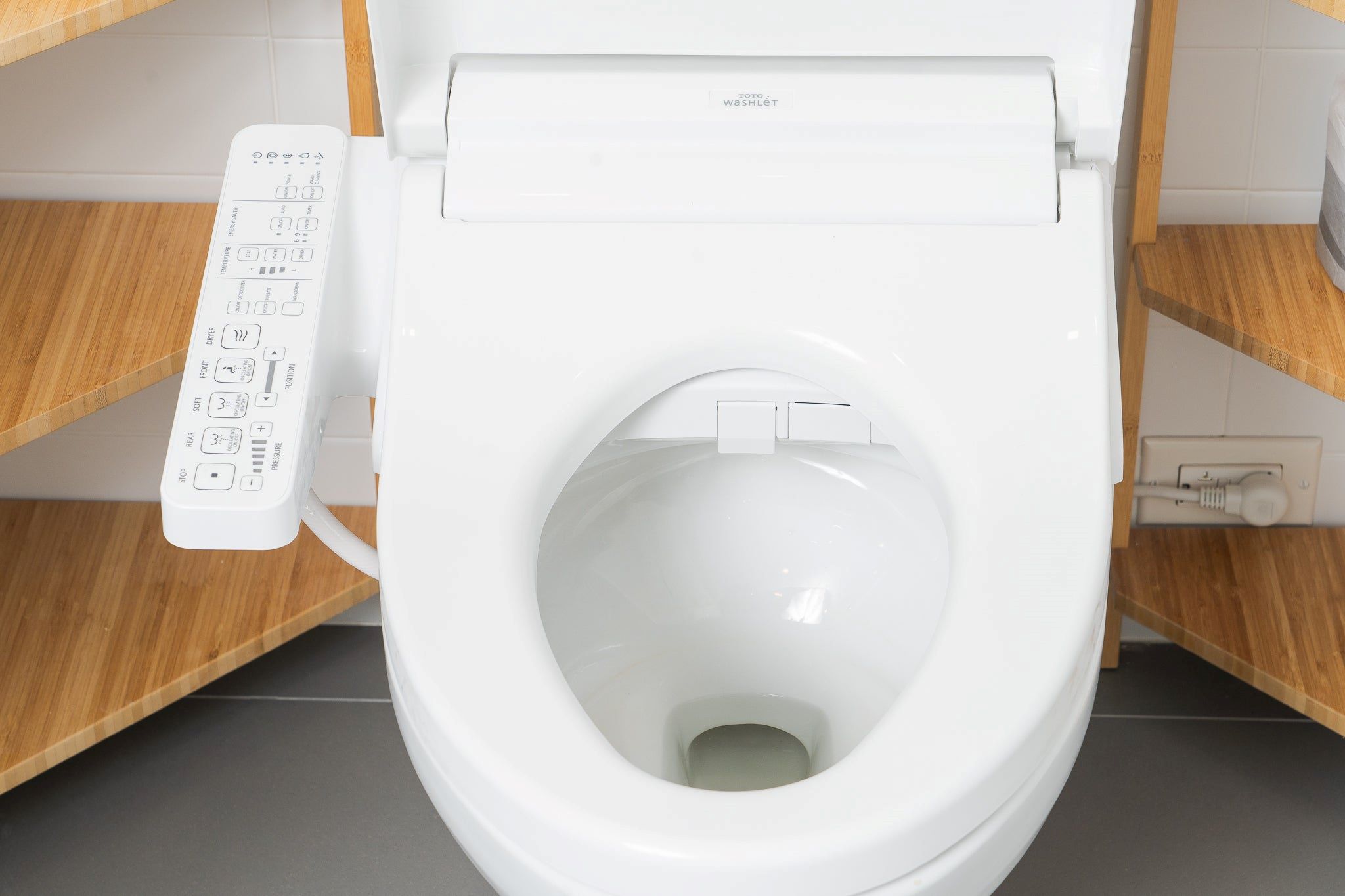
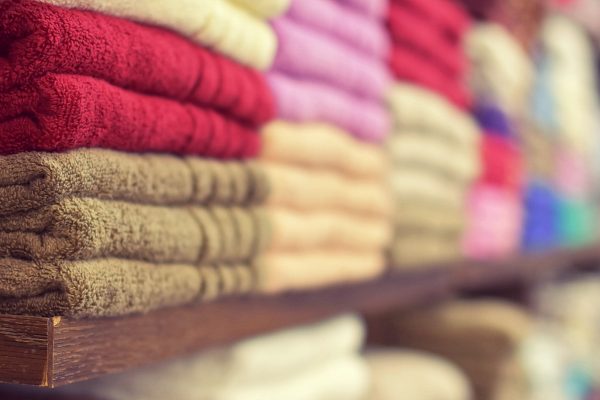

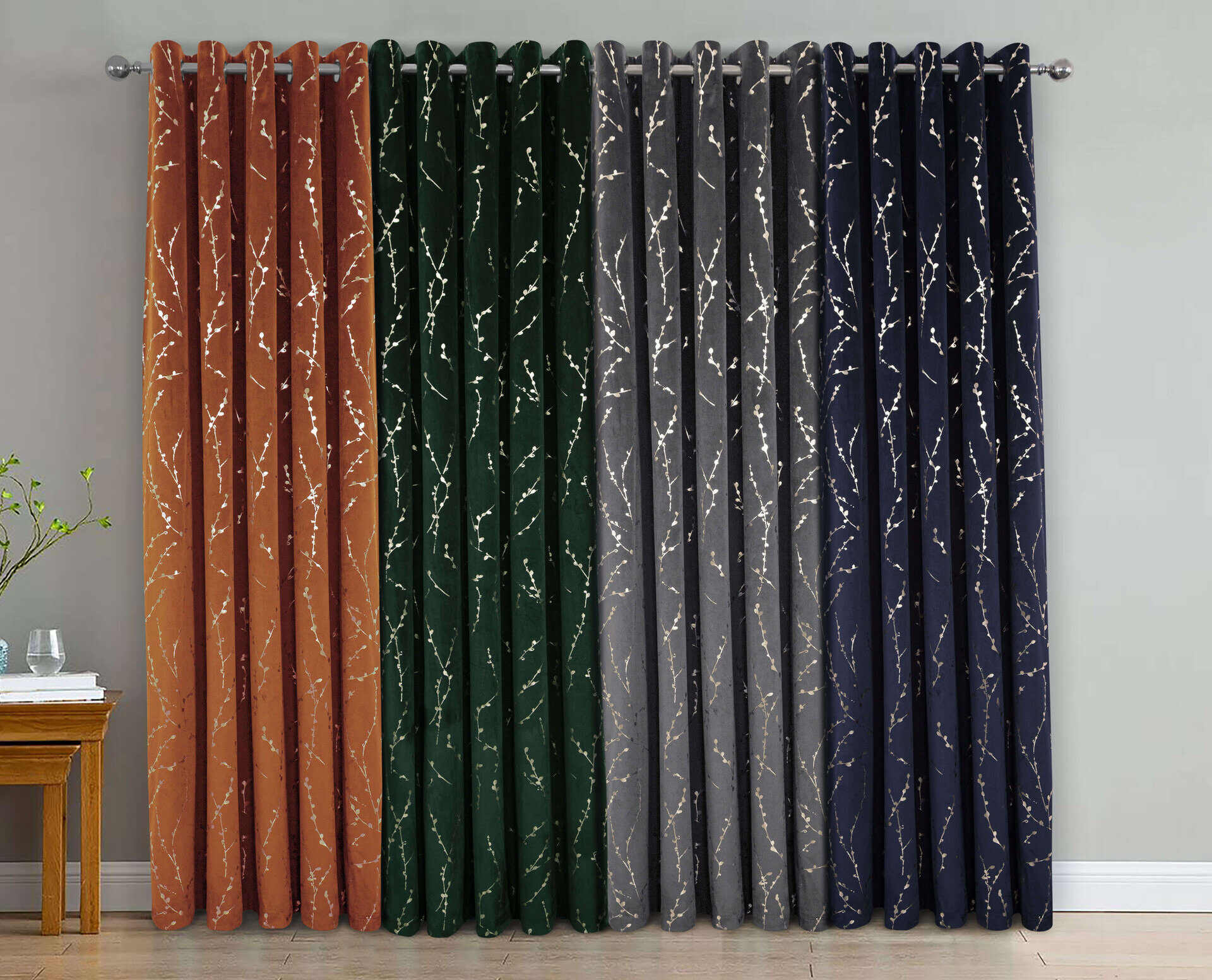
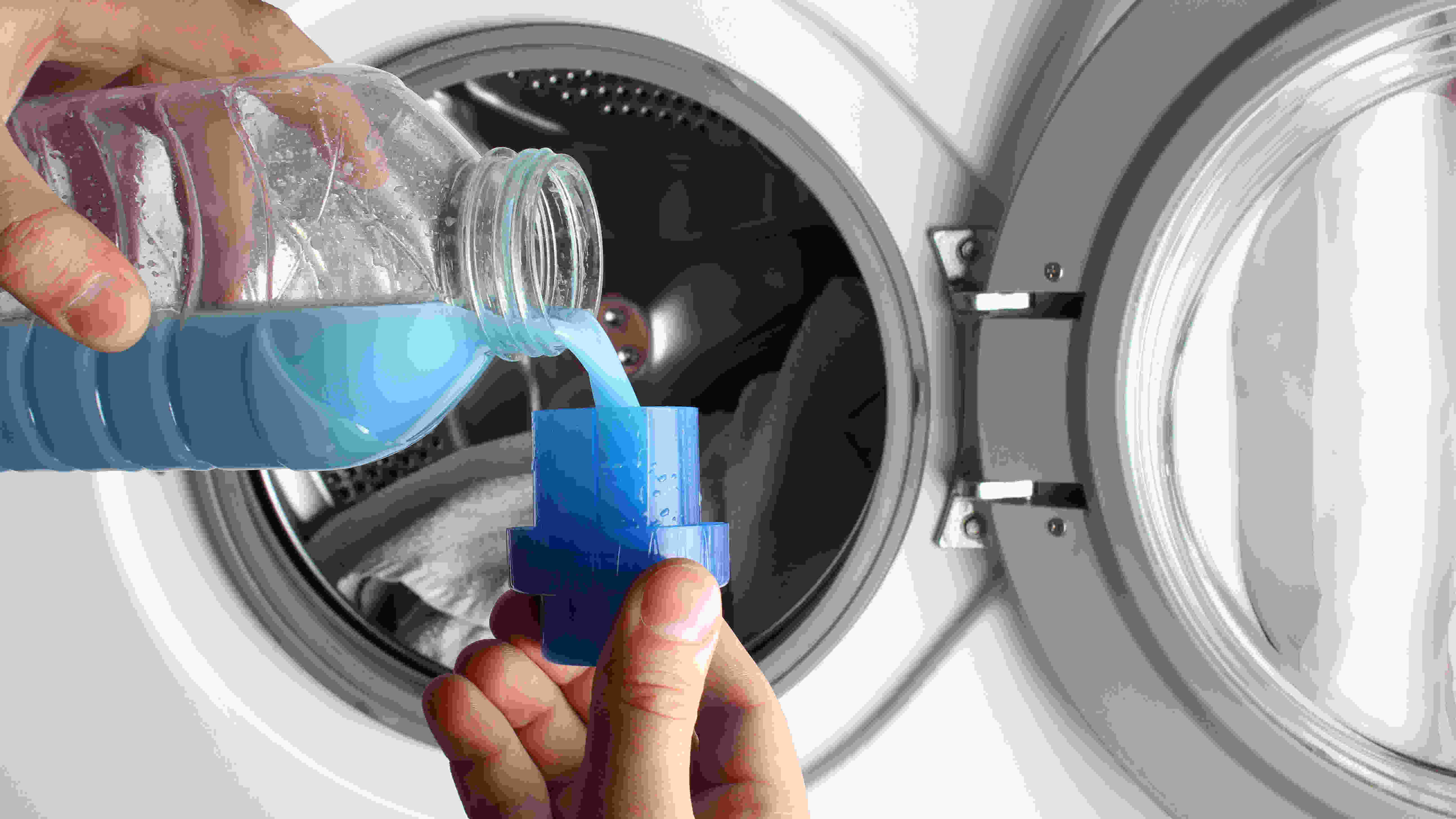

0 thoughts on “Should You Use Fabric Softener On Towels?”